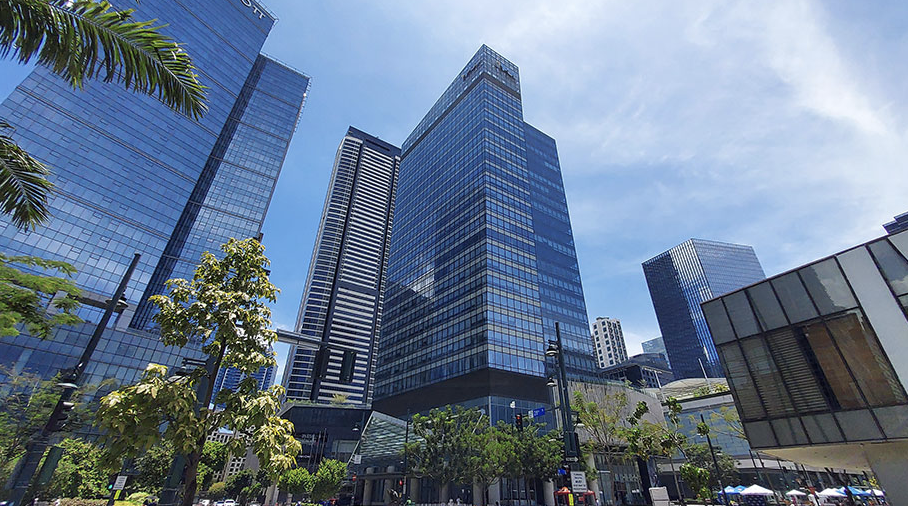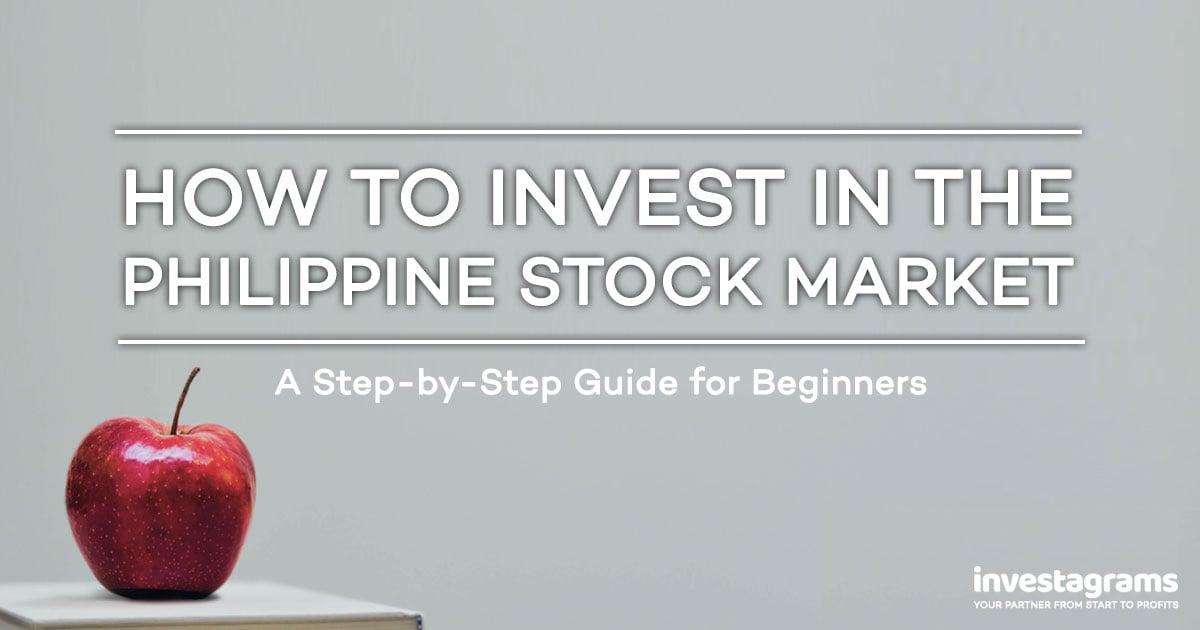The Philippines, with its rapidly growing economy, young and dynamic workforce, and robust domestic consumption, has emerged as an attractive destination for foreign investors. The country’s strong economic fundamentals and government initiatives to attract foreign capital present a wide range of opportunities across various sectors. For foreign investors, understanding the local investment landscape, legal frameworks, and market dynamics is crucial for success.
This article provides a comprehensive guide on how to invest in the Philippines, covering key investment channels, legal considerations, and practical tips for a successful investment journey.
1. Navigating the Philippine Financial Markets
The Philippine financial markets offer foreign investors a straightforward way to access the country’s economic growth. With a well-regulated and modern stock exchange, along with a growing ecosystem of financial instruments, foreign participation is becoming increasingly common. Understanding the entry points and the unique characteristics of these markets is the first step toward a successful investment.
Investing in the Philippine Stock Market: A Gateway to High Growth
The Philippine stock market, with its main index PSEi, has historically been one of the best-performing markets in Southeast Asia. For foreign investors, this market offers a compelling opportunity to capitalize on the country’s economic growth. The first step to investing is to open a brokerage account with a local or international firm that is licensed to operate in the Philippines. This process can often be completed online, but it requires submitting various documents for identity verification, such as a passport and proof of address. Once the account is set up and funded, you can begin trading. You have several options for investing. You can buy individual stocks of leading Philippine companies, such as SM Investments, BDO Unibank, or Ayala Corporation, which are leaders in their respective industries and have a strong track record of growth. This approach requires in-depth research and analysis of the companies’ financials, management, and growth prospects.
Alternatively, for those who prefer a less hands-on approach, investing in Exchange Traded Funds (ETFs) or mutual funds that track the PSEi is a great option. This diversifies your portfolio automatically, reducing the risk associated with betting on a single stock. The Philippine economy is driven by strong domestic demand, remittances from overseas Filipino workers, and a booming service sector, particularly in Business Process Outsourcing (BPO). Therefore, staying informed about these macroeconomic trends and government policies is essential. While the market offers high growth potential, it is also subject to volatility. It’s crucial to have a long-term investment horizon and a disciplined approach to manage risks effectively. The PSEi has shown resilience over the years, bouncing back from global downturns, which further highlights the underlying strength of the Philippine economy.
Investing in the Bond Market: A Stable Alternative
While the stock market offers higher growth potential, the Philippine bond market provides a more stable and conservative investment option. Bonds are essentially loans that you, as an investor, make to a government or a corporation. In return, the issuer promises to pay a fixed interest rate (coupon) over a specified period and return the principal amount at maturity. The Philippine government and many local corporations issue bonds, which are generally considered safer than stocks due to their fixed returns and higher priority in case of liquidation.
For foreign investors, accessing the bond market can be a way to diversify a portfolio and generate a steady stream of income. Bonds are particularly attractive during times of economic uncertainty as they tend to be less volatile than stocks. You can invest in government bonds, which are considered the safest, or corporate bonds, which offer higher yields but come with a higher risk of default. It’s crucial to do your due diligence on the issuer’s credit rating and financial health before investing. The process of investing in bonds often involves working with a local bank or a licensed broker. They can provide you with information on available bond offerings, help you with the necessary paperwork, and facilitate the transaction. While bonds may not offer the explosive growth of stocks, they play a vital role in a balanced investment strategy by providing stability and a reliable income stream.
2. Real Estate and Direct Investment Opportunities
Beyond the financial markets, the Philippine economy offers a variety of tangible investment opportunities, particularly in real estate and small to medium-sized enterprises (SMEs). These channels allow for a more direct form of investment, providing a unique way to participate in the country’s growth story.

Real Estate Investment: A Stable and Profitable Channel
The Philippine real estate market, especially in major urban centers like Metro Manila, is experiencing a robust boom. This growth is fueled by a rapidly expanding middle class, a young population, and increasing foreign interest. Investing in Philippine real estate can yield high returns through both capital appreciation and rental income. Areas like Makati, Bonifacio Global City (BGC), and Ortigas are prime locations for residential condominiums and commercial properties, attracting both local and international tenants. With the government’s “Build, Build, Build” infrastructure program, new developments are continuously opening up new areas for investment, increasing property values over time.
For foreign investors, there are specific legal considerations. While foreigners can legally own condominium units, they are generally not allowed to own land. It is crucial to work with reputable real estate brokers and legal advisors who are well-versed in Philippine property laws to ensure a smooth and secure transaction. Popular investment strategies include buying condominium units in prime locations for rental income, purchasing land in emerging areas with high growth potential, or investing in Real Estate Investment Trusts (REITs) which allow you to own a share of a portfolio of income-generating properties without the complexities of direct ownership. While the potential for high returns is significant, investing in a foreign country’s real estate market comes with risks such as legal complexities, currency fluctuations, and market volatility. Thorough due diligence is non-negotiable, and it is highly recommended to visit the property, understand the local market, and verify all legal documents before making a commitment.
Investing in Local Businesses and SMEs
Beyond traditional stock and real estate markets, a growing number of foreign investors are exploring opportunities to invest in Philippine Small and Medium-sized Enterprises (SMEs). The SME sector is the backbone of the Philippine economy, contributing significantly to GDP and employment. Investing in a promising SME can offer high returns, as these companies often have a high growth trajectory. This form of investment allows you to participate directly in the growth story of a local business and contribute to the local economy.
The most common ways to invest in SMEs include direct equity investment, where you purchase a stake in the company, or through various crowd-funding platforms that connect investors with SMEs seeking capital. While this channel offers a high-risk, high-reward profile, it also requires significant due diligence. It is essential to thoroughly vet the business plan, the management team, and the financial health of the SME before committing capital. Given the high failure rate of startups and SMEs, this investment channel is not for the faint of heart. However, for those with a high-risk tolerance and a deep understanding of the local market, investing in a successful SME can be one of the most rewarding experiences. It is highly advisable to seek legal and financial counsel from local experts to navigate the complexities of this investment channel and protect your interests.
Conclusion
Investing in the Philippines offers a wealth of opportunities for foreign investors looking to diversify their portfolios and capitalize on the country’s economic dynamism. From navigating the robust stock market to exploring stable real estate and high-growth SMEs, the key to success lies in thorough research, understanding local regulations, and seeking professional guidance. By taking a strategic and informed approach, foreign investors can successfully tap into the Philippines’ promising investment landscape and achieve their financial goals.













